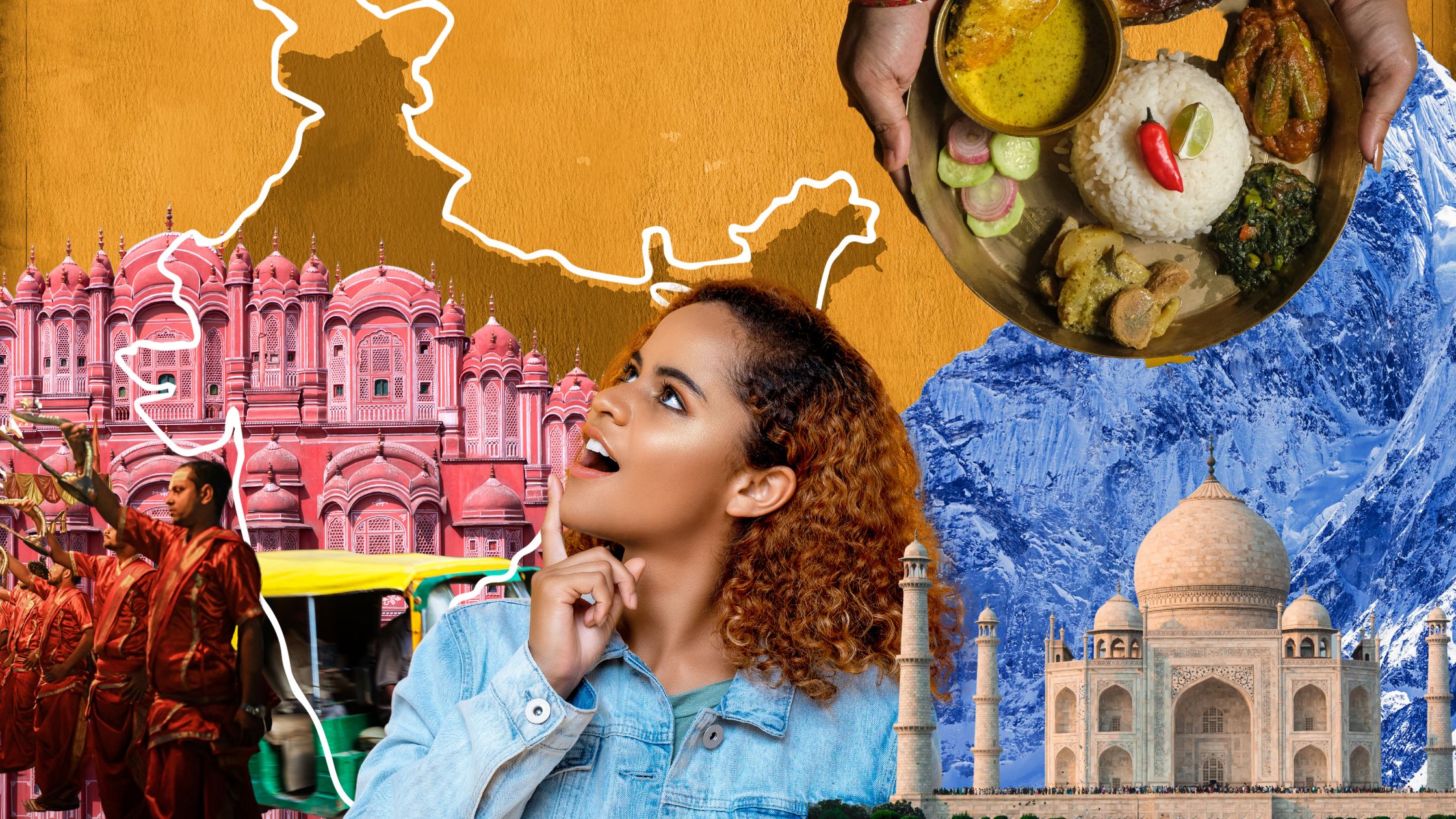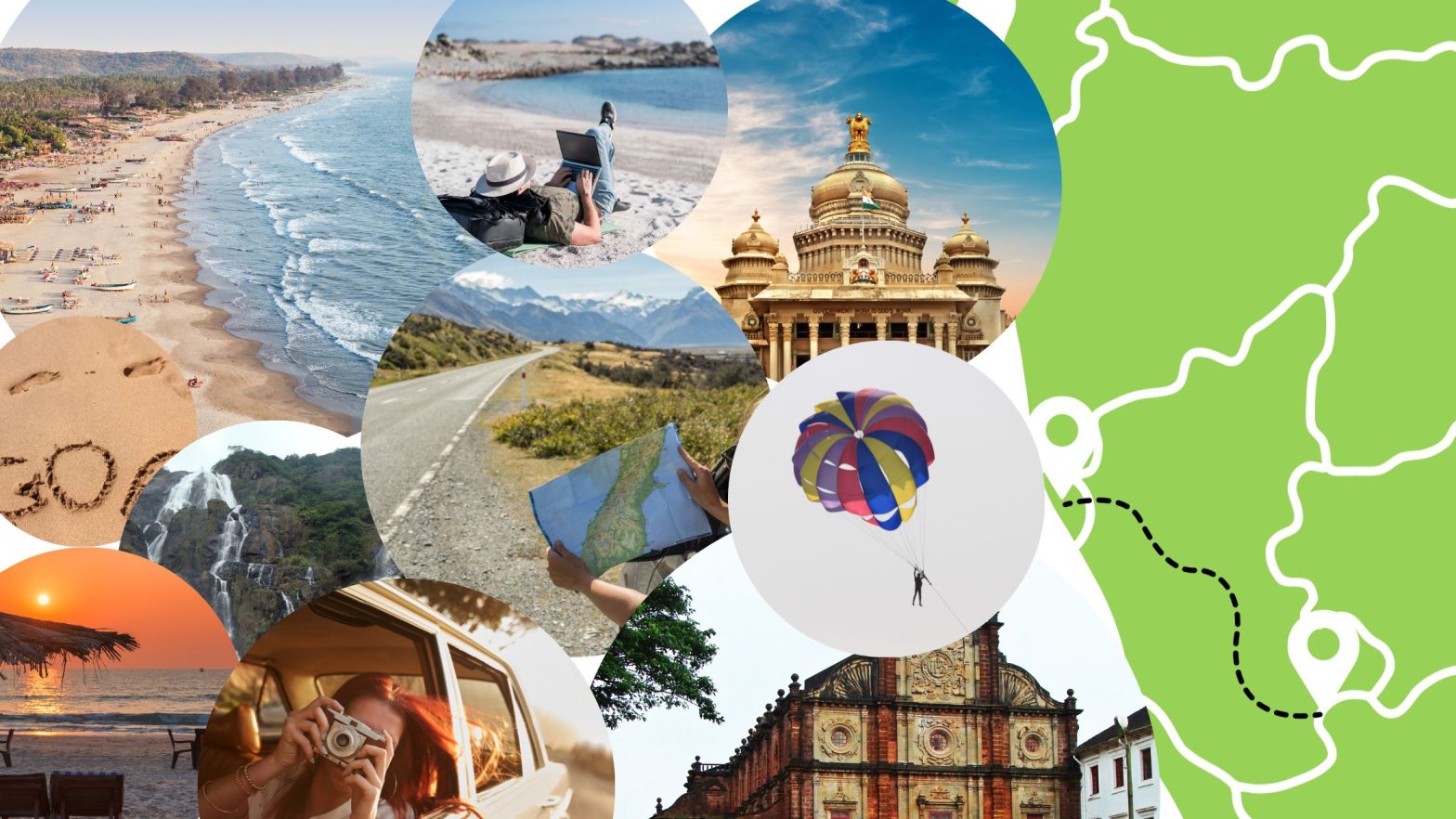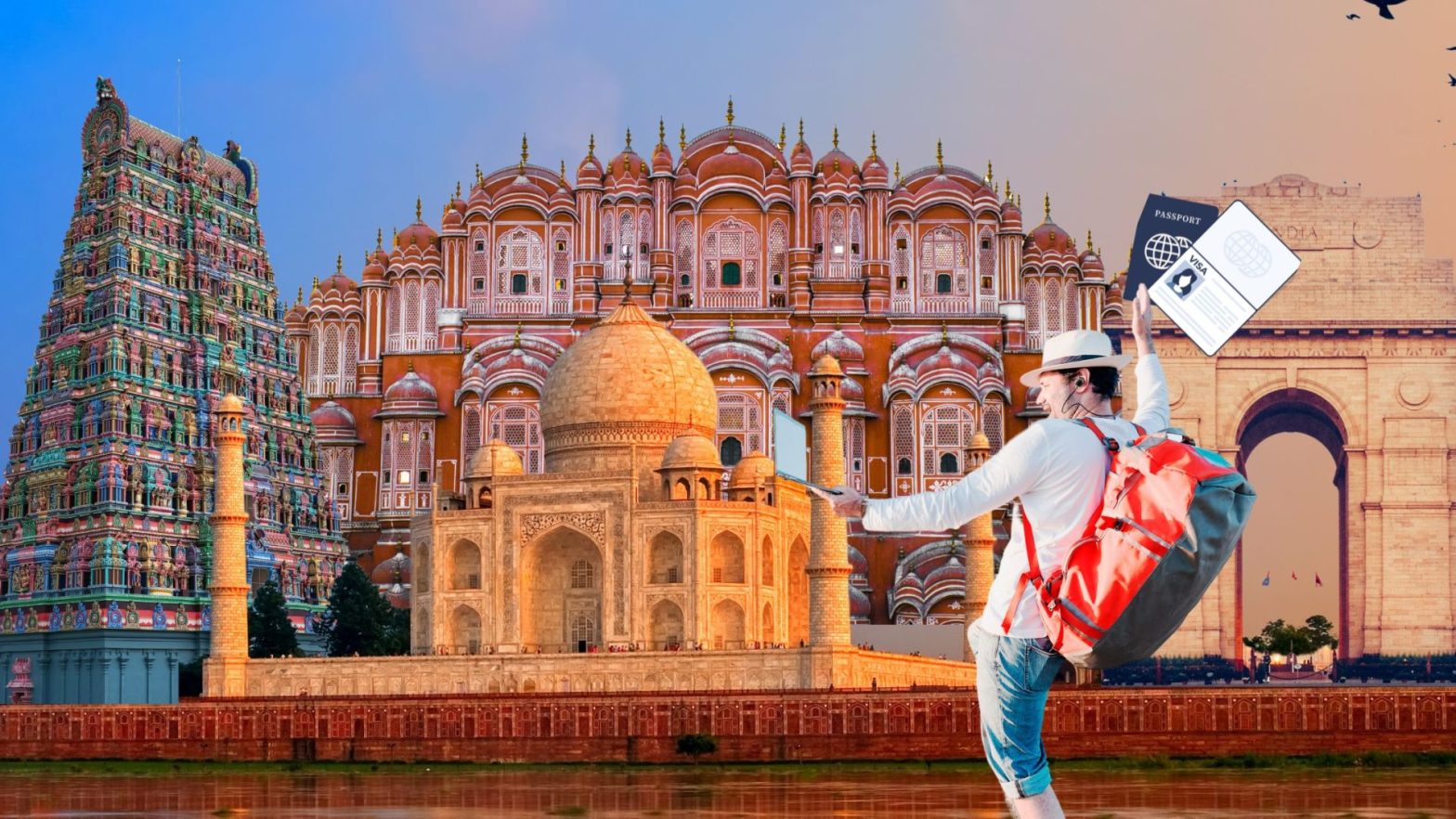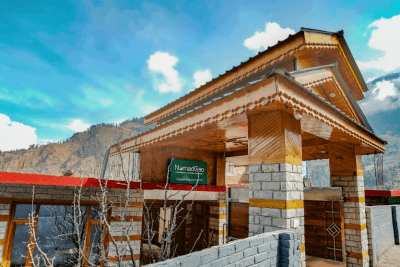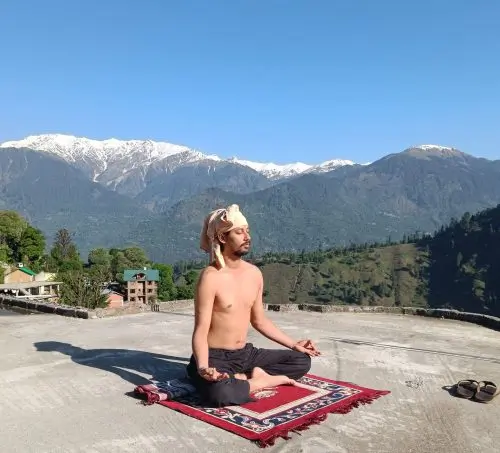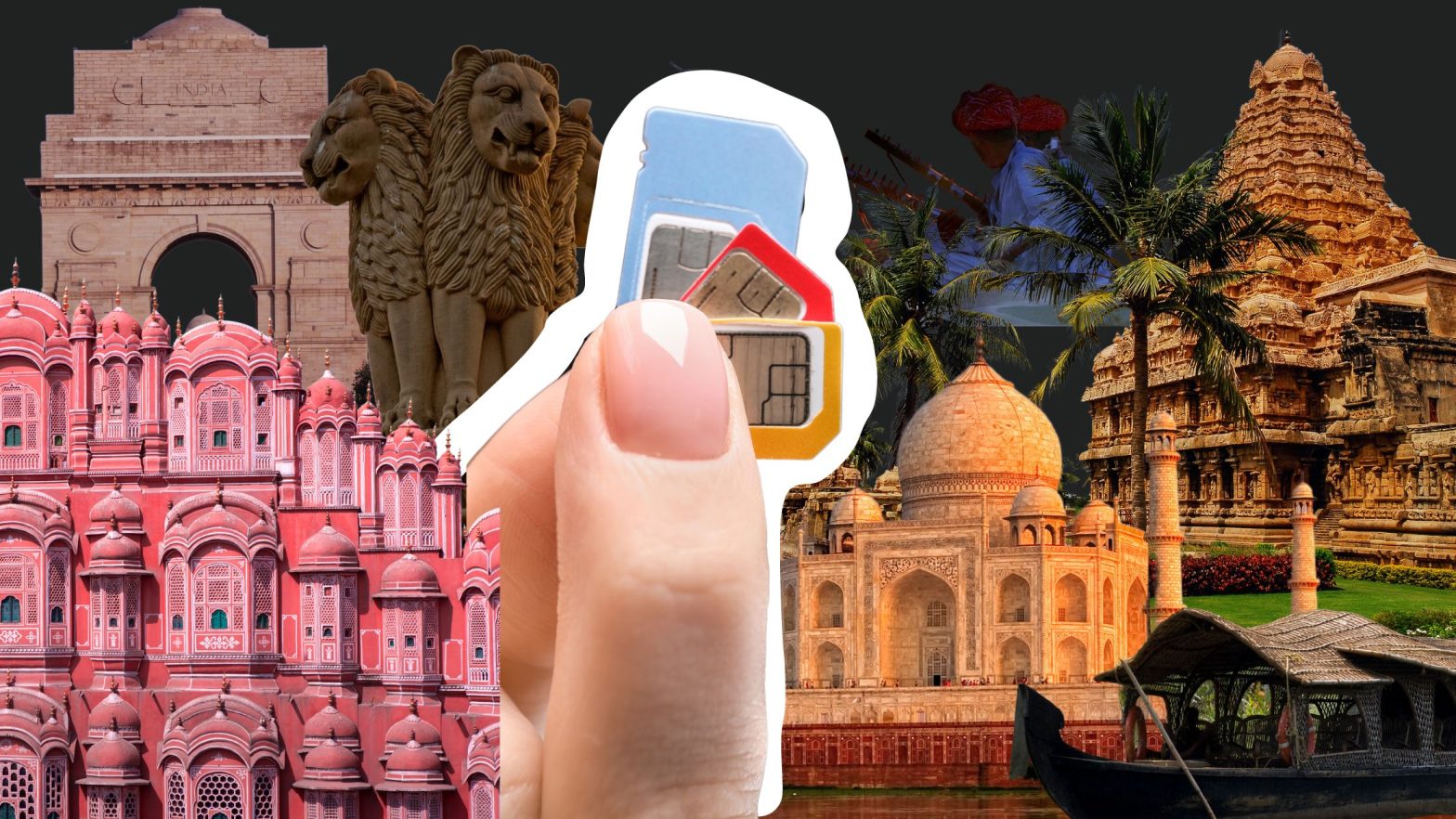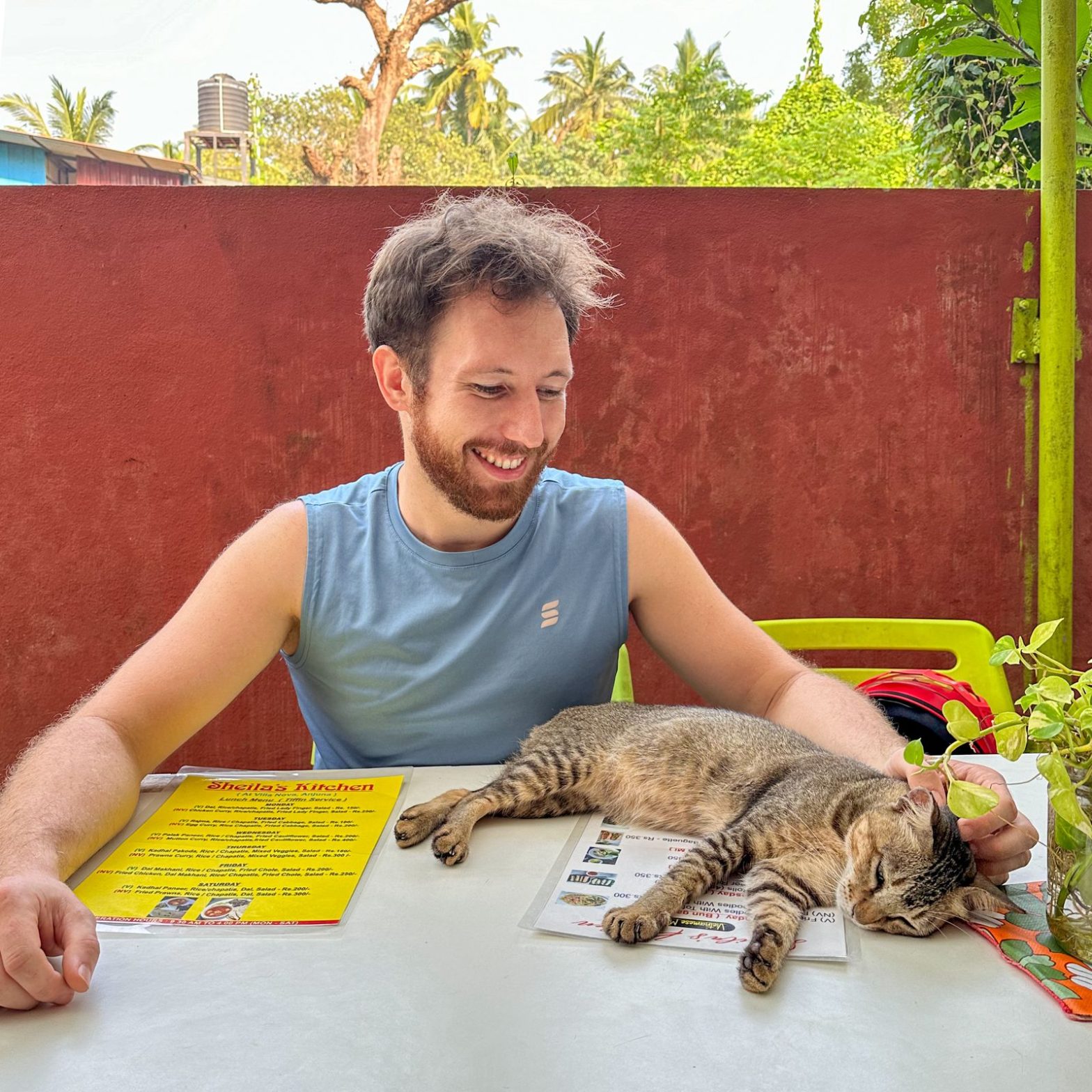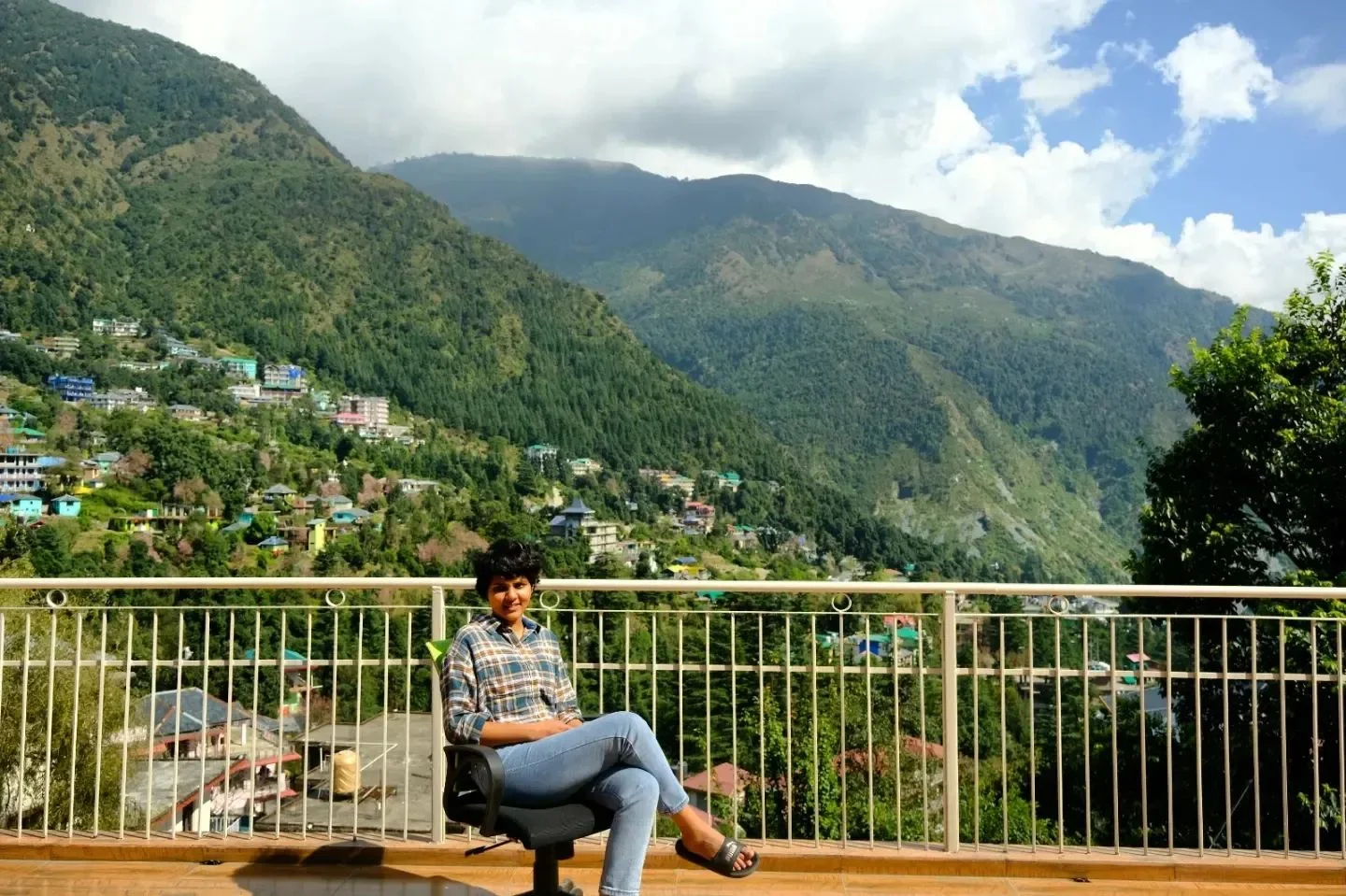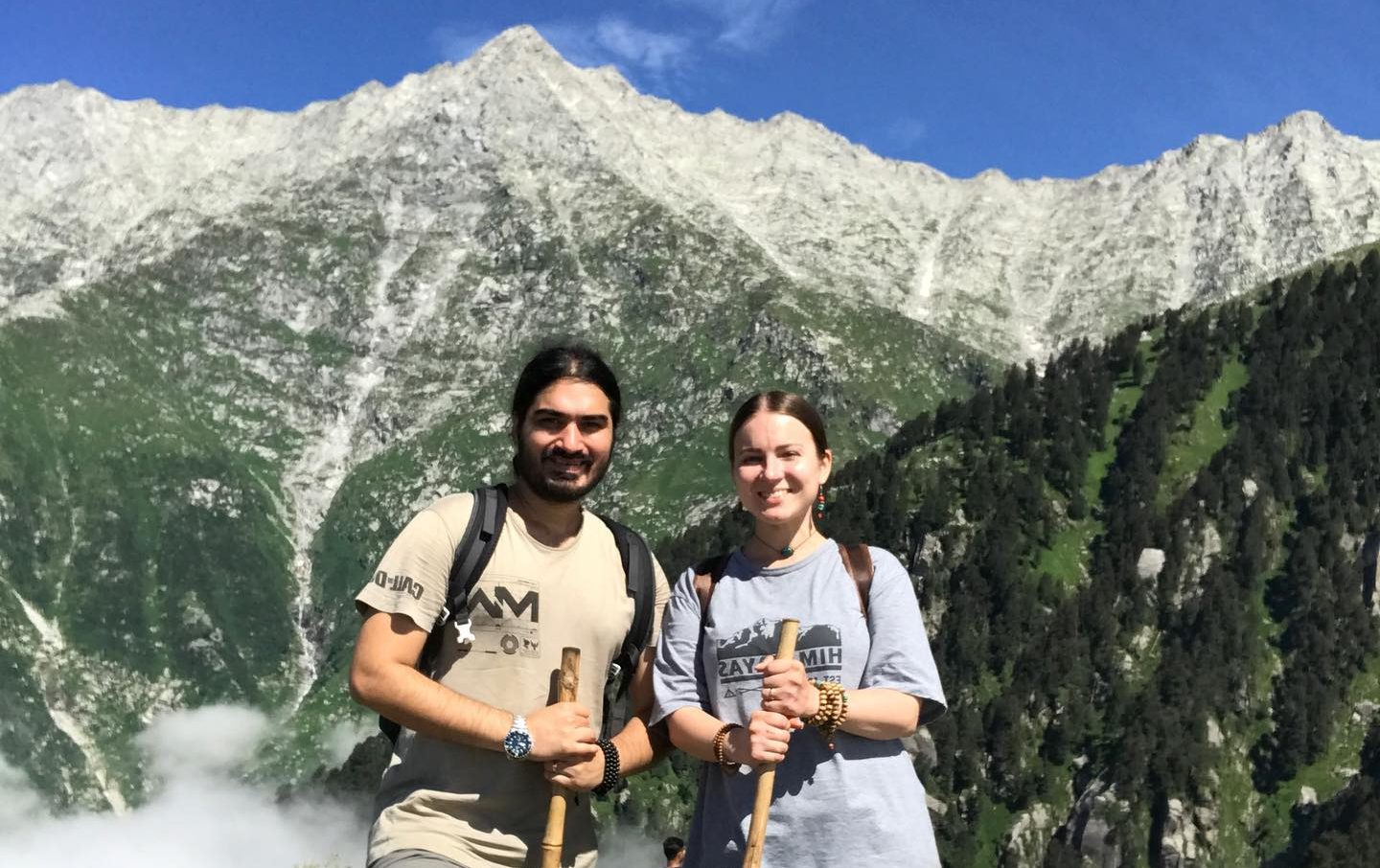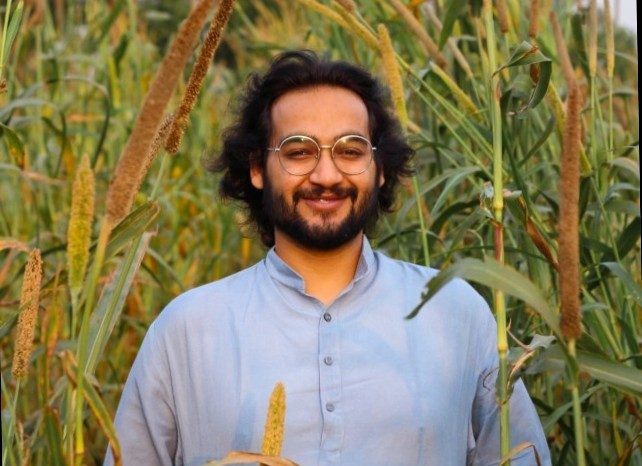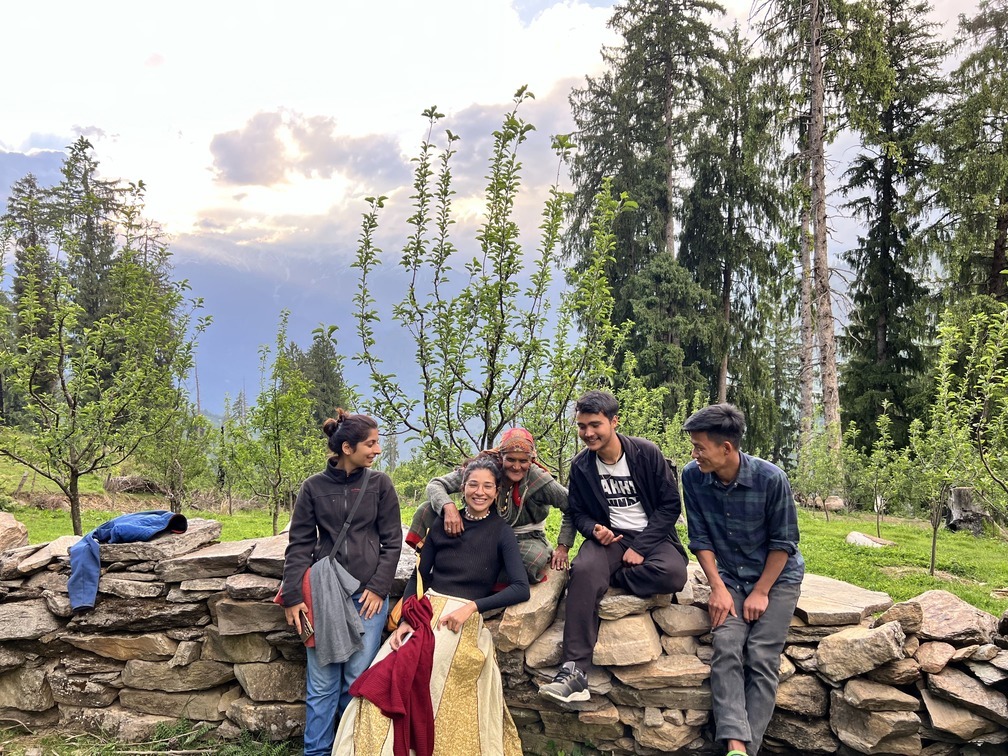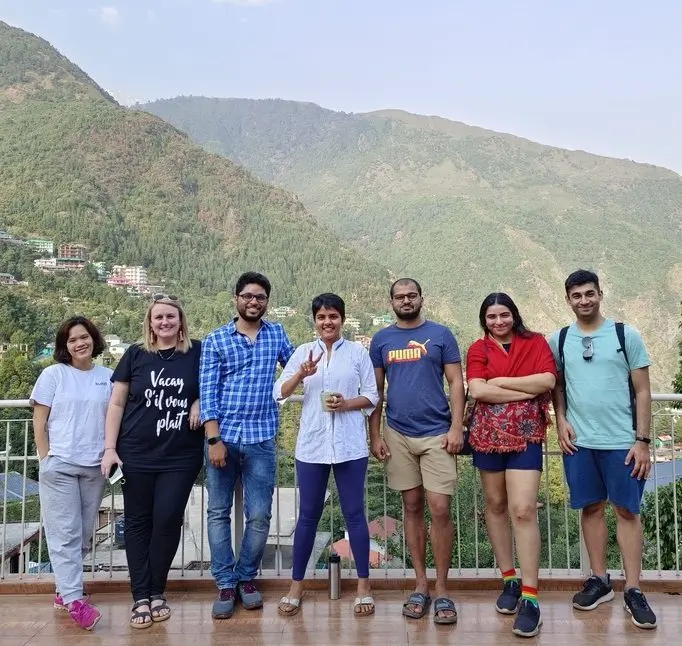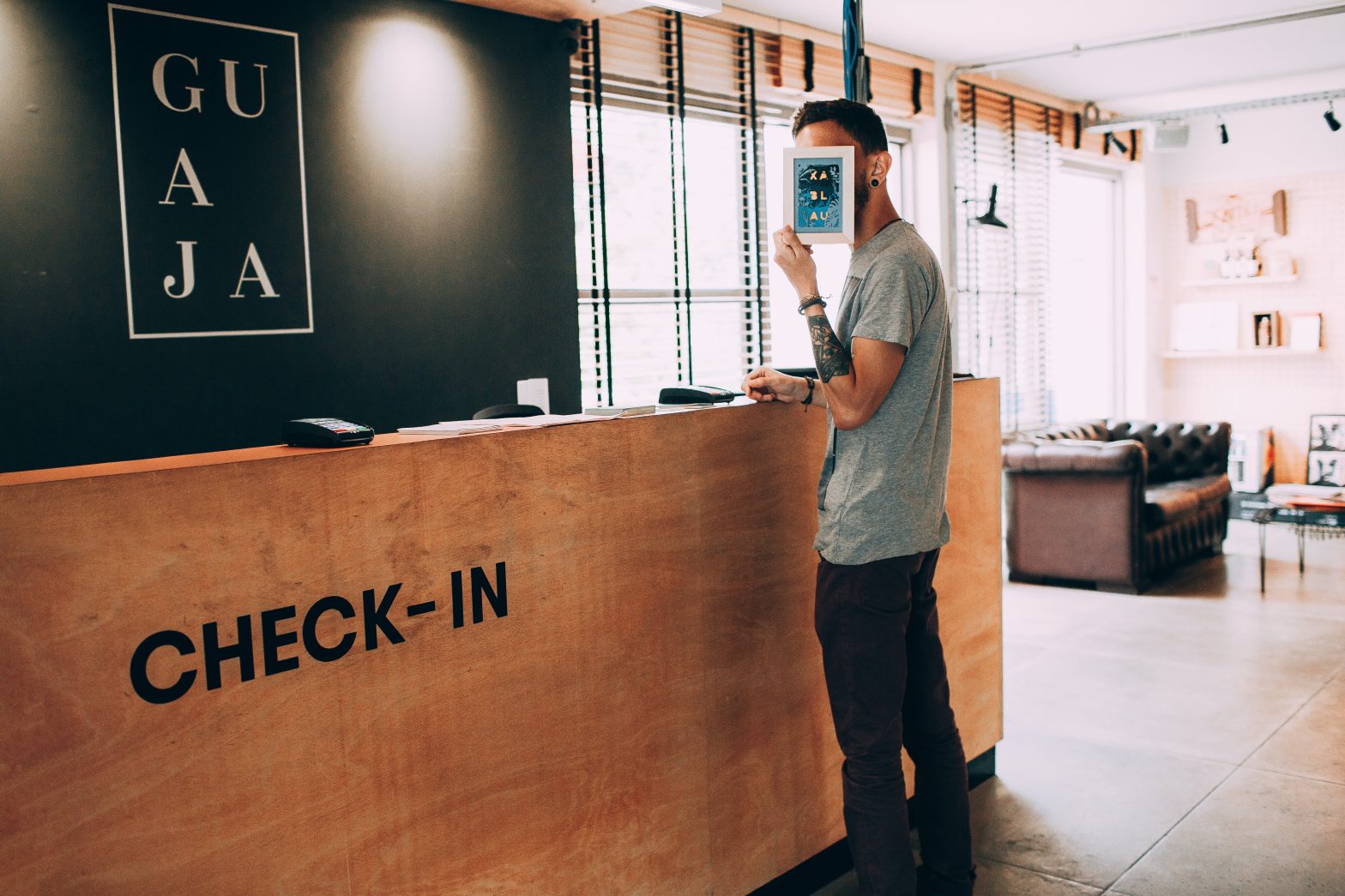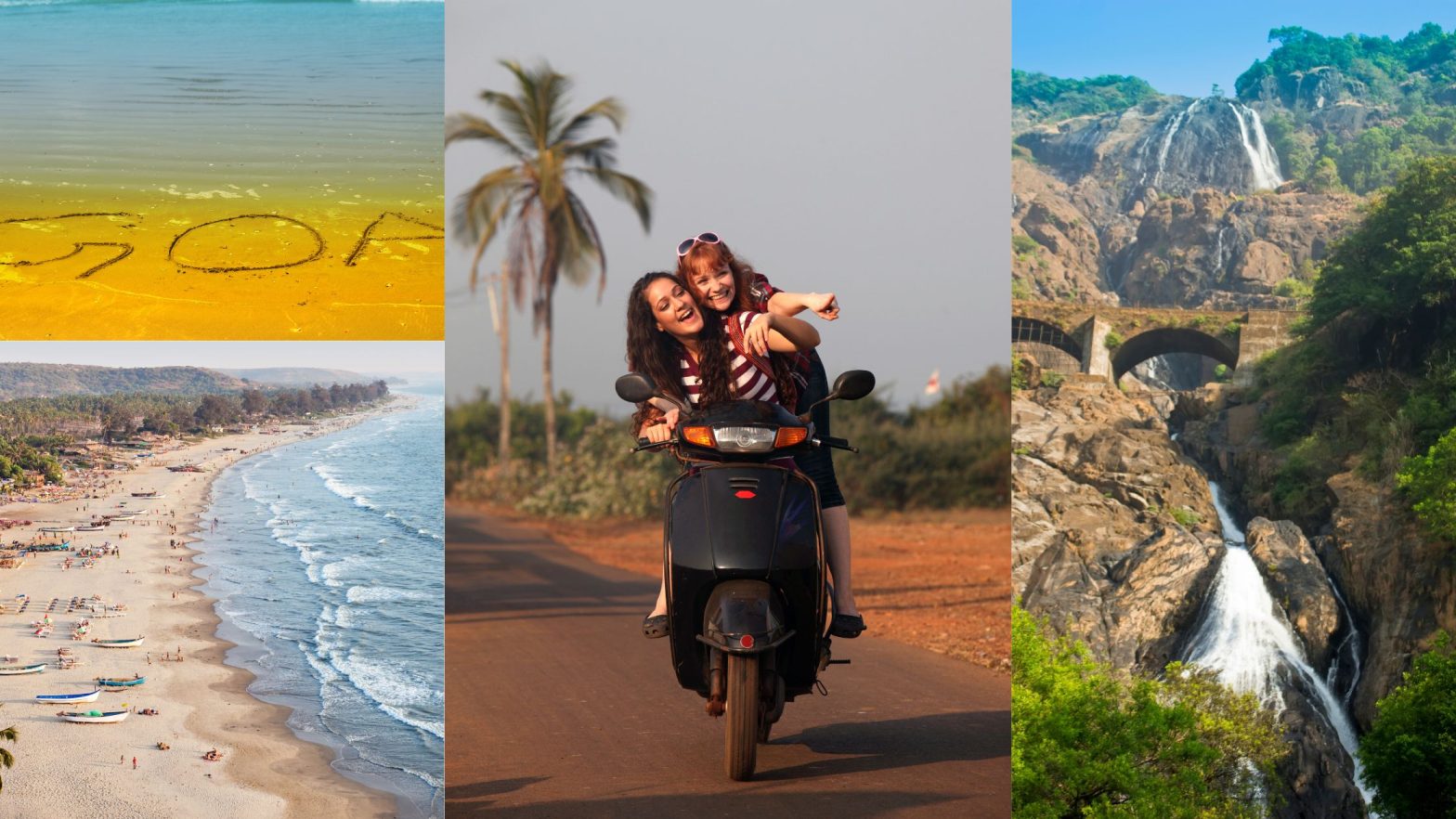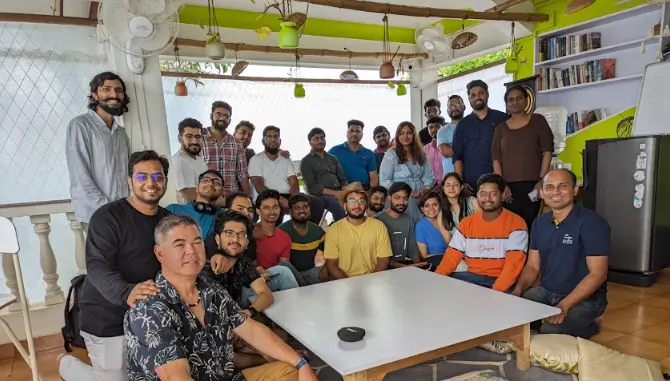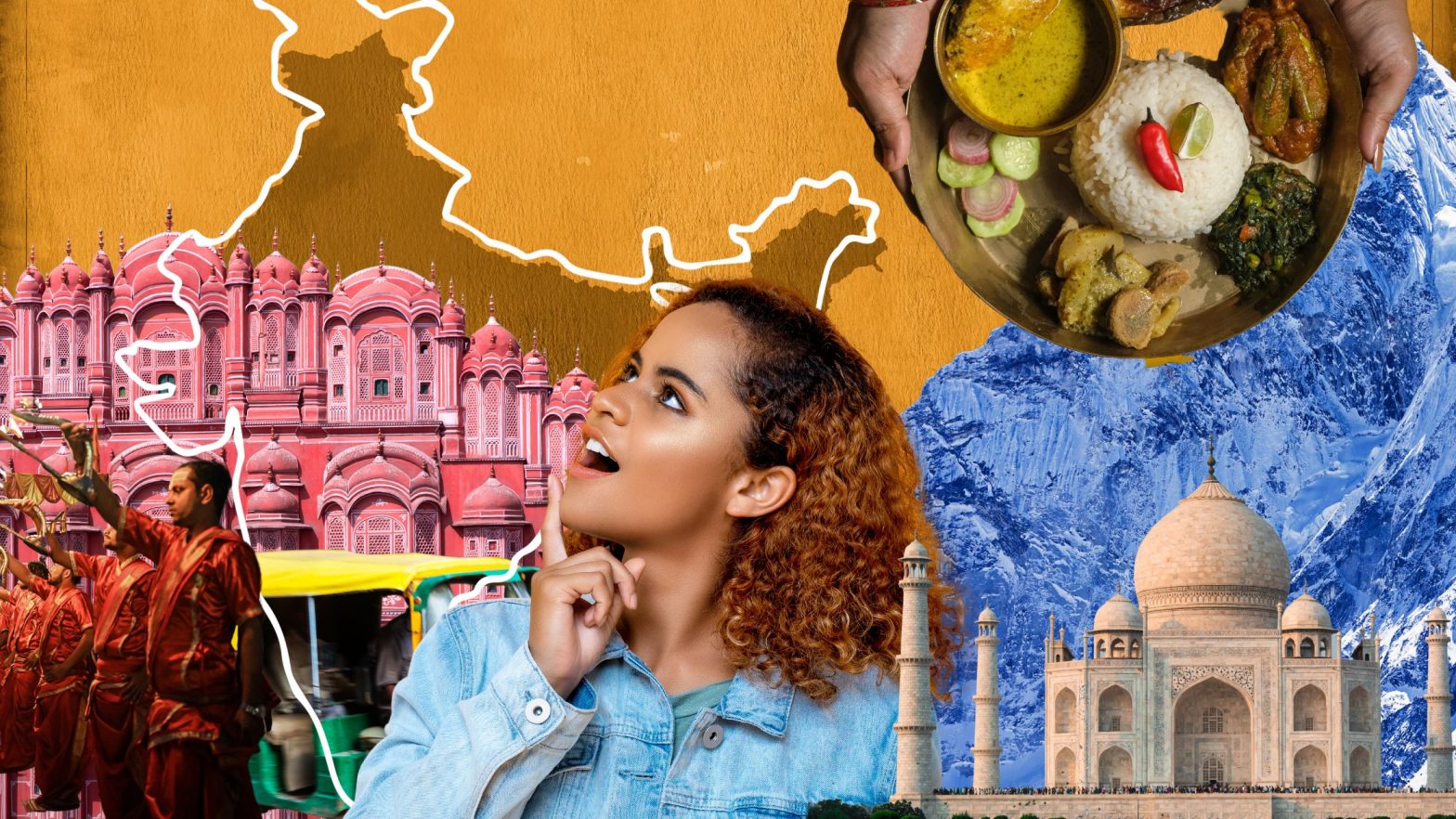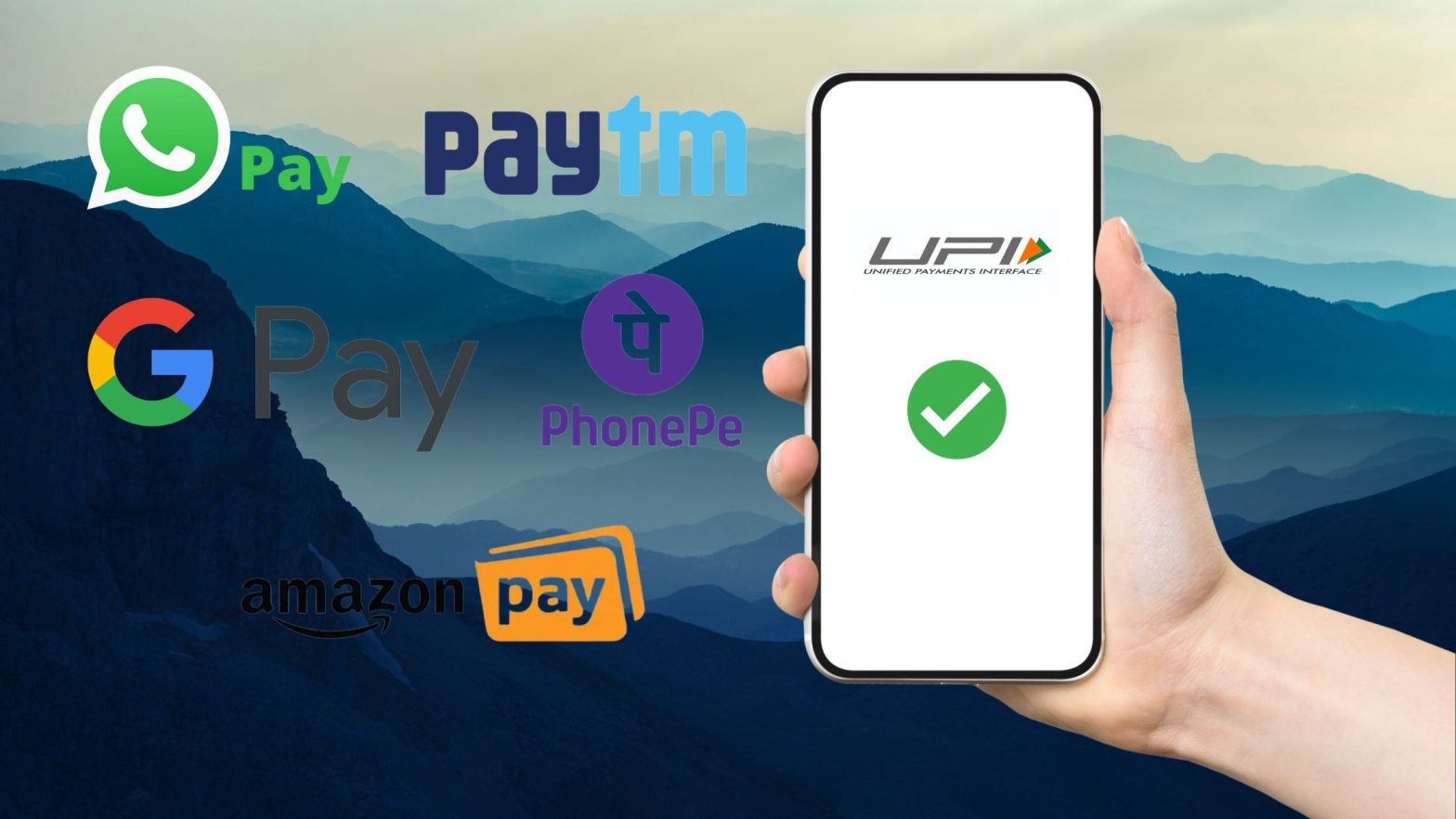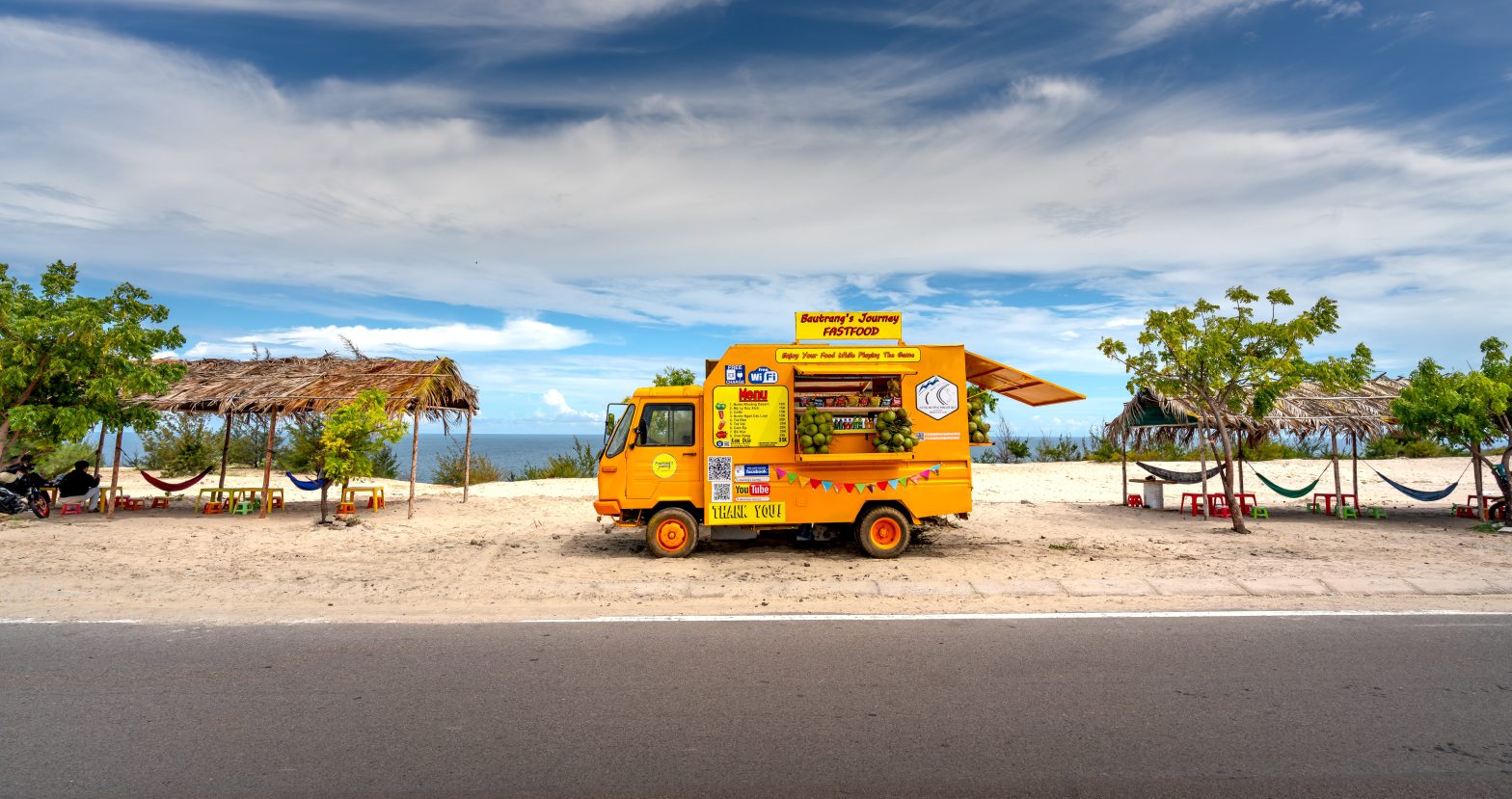Table of Contents
According to Passport Photo Online, 70% of travellers end up falling for tourist traps every year. Shocking right? While their data is based on an interview with 1000 Americans, the general number doesn’t fall far. You’d think that with the knowledge being passed around, the number would decrease. But it never does. When you travel to a new destination as a digital nomad, you are bound to get caught in something you were not expecting. As India is a big country with some of the most ingenious people on the planet, it would only be fair to build a guide around tourist traps in India. If you are a digital nomad in India or planning to travel to India in 2023, here are some tourist traps you should keep an eye out for.
Tourist Scams on Taxi Fares in India
India has its fair share of metropolitan cities where you can get a cab with apps like Ola or Uber. However, these networks have not reached rural India yet. This is where the taxi tourist scams in India happen the most. They might not charge you by the metre either saying that “this is how it’s done” or “the metre isn’t working”. However, you shouldn’t agree to something like this because this is where they end up quoting extravagant amounts for even short trips. This can also happen with auto rickshaw drivers in India.
How to avoid taxi scams in India?
Almost all tourist destinations in India will have a prepaid taxi counter. You pay them beforehand and they allot a taxi that will take you to your destination. Don’t fall for the driver asking you for more money or redirecting you to a different road because of traffic jams.
If they are persistent, get down and book a cab online or contact your hotel to send you one.
Apart from that, you could inquire about the average prices for autos, buses and taxis at your hotel before you start your trip. This way, you can stay firm on the prices you know and not fall prey to paying exorbitant amounts.
Here is an updated list of taxi fares in India as of 2023. You can often get a bus ticket at the bus stop and auto fares in the entire state should fall along the same lines as the auto fares in Delhi.
However, do try your best to use applications like Ola, Uber and Rapido for your conveyance needs. Keep in mind that in Goa, the tourist taxi rates and the auto fares are slightly different. Here is a chart explaining the taxi fares in Goa.
Your destination is 'closed'
A frequent tourist scam in India that many digital nomads have spoken about is this one. Your cab driver or auto walla will tell you that your hotel is closed or does not exist. It could also be a total stranger telling you that your train ticket is not valid and that you may have to pay a fine. Another common thing is that the reservation counter is closed so you cannot book a ticket.
How to avoid the “your hotel is closed” scam in India?
Steer clear of statements like this until you have verified it for yourself. Also, keep the numbers for your hotel handy and stay in touch with them so you don’t fall for tourist scams in India, like this one. Most train tickets in India can also be booked online on the IRCTC or MakeMyTrip website. However, the latter may not work in a few countries outside of India and you might have some payment gateway issues with the former one.
Not really a tour guide
Guided tours can be fun unless your tour guide isn’t really one. Most historical landmarks in India, especially those in Rajasthan or Delhi will be flocked with tourists and scammers. A popular tourist trap in India is a random person who claims to be a tour guide and tells you that it is compulsory to have one.
How to avoid the “fake guide” tourist trap in India?
As a digital nomad in India, you don’t need a tourist guide but you can hire one if you like. In that case, make sure to check their IDs before you pay them. On the other hand, Airbnb or Viator are better ways to book guided tours in India.
Some other companies that come recommended are Gully Tours, Soul Travelling, Khaki tours and Guru Walks.
Asking for donations
A very common tourist trap in India that digital nomads should be wary of is people asking for donations. It could be temple authorities or an NGO walking around the streets and asking for contributions.
How to avoid the “donations” scam in India?
You can firmly say no and walk away. If they pester you, call the police and your hotel staff. If you want to donate, there are plenty of resources online to guide you in the right direction.
Not getting a local SIM Card
Some shopkeepers will take in your details for a local SIM but not file your form. This means you won’t get a SIM and your money is lost.
How to avoid the “SIM Card” scam in India?
There are many ways to get a new SIM Card in India. You can opt to get it at the airport or a centre outside. All you need is your passport and VISA (if you are a non-Indian citizen) and you’re good to go!
Is it safe for digital nomads in India in 2023? Yes, it is, provided you stay alert and educate yourself beforehand. Don’t fall for anything a cab driver or an auto walla says, ask your hotel authorities about what the common scams in the area are and be aware of counterfeit money. India is a beautiful country but like any other tourist destination, there are some tourist traps in India that could ruin your trip for you. So keep in mind to stay alert and ask google for answers if you need to.

